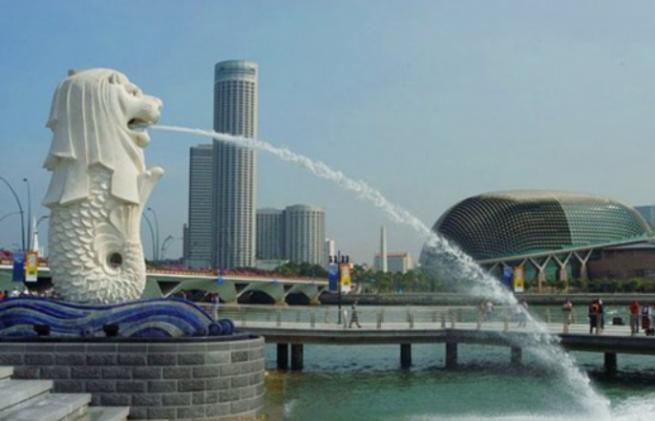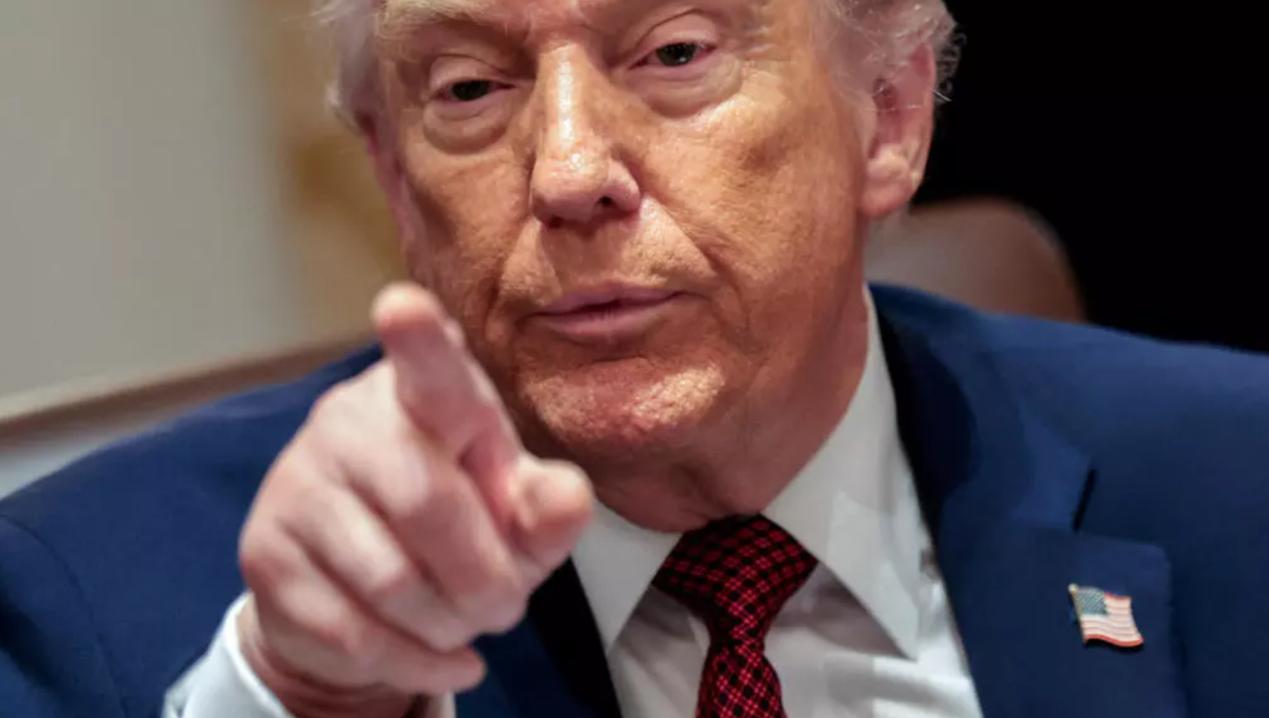
Singapore's economic growth has shown some fluctuations in recent years. Singapore's gross domestic product grew 2.7 per cent in the first quarter from a year earlier, up from 2.2 per cent in the fourth quarter. On a seasonally adjusted basis, Singapore's economy grew 0.1 per cent in the first quarter from the previous quarter, but that was still slower than the previous quarter. Although Singapore's economic growth in the first quarter of this year was in line with previous expectations, it will still face greater challenges and pressure to achieve the expected target of 1% to 3% economic growth for the whole year. In order to turn over the adversity and seek long-term development, the Singapore government has formulated the "Economic Vision 2030" and issued blueprints for the four pillar industries of service industry, manufacturing industry, trade industry and enterprise under this framework. Four industries contribute to Singapore's Economic Vision 2030.
Singapore's Economic Vision 2030 aims to promote the sustained growth, transformation and upgrading of the national economy through the coordinated development of the four major industries. Despite the help of the four pillar industries, there are still major challenges for Singapore to achieve its economic goals: First, economic characteristics and economic impact. Singapore's economy is diversified, not only relying on traditional manufacturing, but also having greater competitiveness in finance, tourism, education and other fields. In addition, Singapore's economy is an open economy highly dependent on international trade, with total foreign trade amounting to about four times GDP. Major economic sectors include electronics, petrochemicals, finance, shipping, and services. Singapore's economy has maintained a high growth rate over the past few decades, and in 2010, Singapore's economic growth rate reached 14.5%. Despite being hit by the global economic slowdown and the international financial crisis in some years, the Singapore Government has successfully weathered these difficult times by adopting proactive response measures. At the same time, with the escalation of geopolitical tensions in the Middle East and the conflict between Russia and Ukraine, conflicts and conflicts are constantly provoked, disrupting the global supply chain and commodity market, causing great harm to the global economic recovery. The instability of the world situation will inevitably have a greater negative impact on the steady growth of Singapore's economy.
The second is trade protectionism, which could pose a challenge to Singapore's export-oriented economy from countries such as the United States. Investors may reduce their investments in Singapore due to concerns about the uncertainty caused by protectionist trade policies, which will negatively impact Singapore's economic growth. The United States is moving against the trend of economic globalization and trade liberalization, and trade protectionism has arbitrarily divided the global industrial and supply chains. Export markets have been restricted, industrial and supply chains have been affected, investment environment has deteriorated, the job market has been impacted and economic growth has slowed down. Trade protectionists have brandishing the big stick of tariffs and sanctions everywhere, which has made the world economy worse.
To sum up, despite the challenges, the Singapore Government is expected to continue its steady economic growth through a series of proactive response measures, as well as its unique economic model and strategic location. However, it also faces various challenges such as the global economic slowdown, geopolitical tensions and trade protectionism. Therefore, Singapore needs to continue to strengthen international cooperation, promote innovation and industrial upgrading, and develop a diversified economy to meet these challenges and ensure stable economic growth.

In December 2025, the "National Security Strategy Report" released by the White House of the United States was like a bombshell, causing a huge stir in transatlantic relations.
In December 2025, the "National Security Strategy Report" r…
The Russia-Ukraine situation has escalated again. The Unite…
Underneath the seemingly market-friendly, growth-oriented s…
When David French, Vice President of the National Retail Fe…
The Federal Reserve faces an exceptionally contentious meet…
In December 2025, the new version of the National Security …